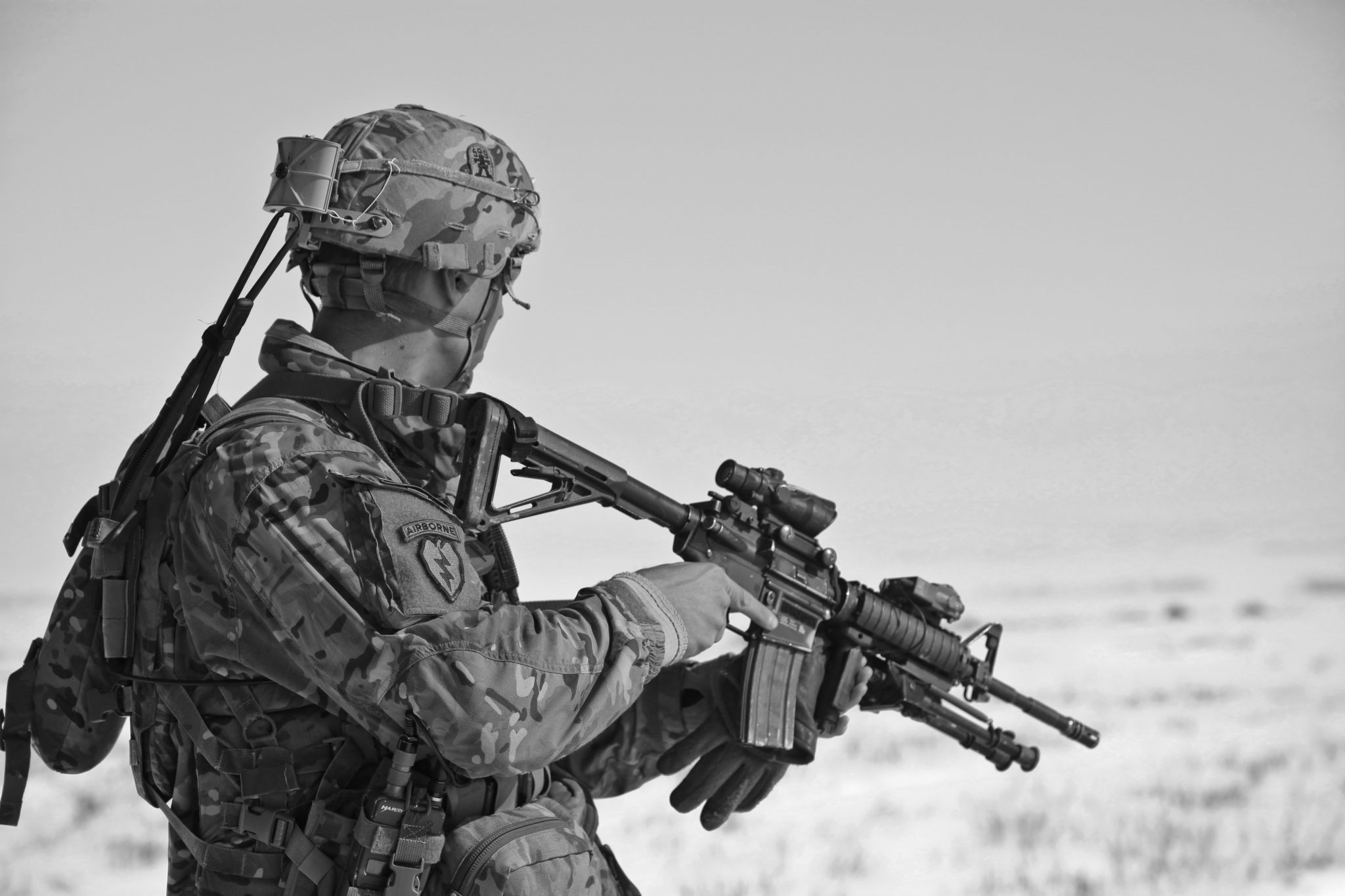In the first of two blogs Barry Harris, Proelium Law Senior Advisor and UK Army veteran, shares a tick list of thoughts on how to successfully transition from the military to civilian life.
Networking:
Start communicating with industry sectors that interest you. Make sure you understand your relevance to the civilian world. It is super-important to create a LinkedIn account and make connections, people really do get work from LinkedIn. Connect with recruiters specialising in former armed forces or the NGO sector. There are lots about. Your network is absolutely everything.
Job Fairs and Expos:
Attend job fairs and the large amount of Expos that are about . They have all manner of focus from CT and policing to emergency services, military and defence and franchising. Don’t be afraid to speak to potential employers and ask what they are looking for. How will you know otherwise? Also, look for company websites that display the Armed Forces Employer Recognition Scheme. It is designed to ensure employers at least will have a chat with you, if not actively look to recruit former military.
Interviews:
Do they speak Military? Do you speak their language? When you go to an interview remember that if your potential employer has not been in the military, they will have no idea what ‘scoff’, ‘NAAFI break’, ‘the galley’ or being ‘threaders’ means. Equally, they may utterly welcome it, we do!
CV and Cover Letter:
Build yours. Send copies as unsolicited applications to companies that interest you, and ask for feedback. But pay attention to grammar, punctuation and spelling which includes the use of capital letters. Do not be tempted to use ‘text’ language either (it does happen). Also keep your CV to a maximum of 3 pages – preferably 2 – and limit the covering letter to 1 page.
Reserves:
Many continue service in the Reserves. Reserve units can benefit from your experience.
Gardening Leave:
Verify how many days of paid terminal leave you will be given. Do not waste it, and it will start sooner than you expect, so be ready. it is common to have to give a year’s notice when ‘signing off’. Use the time wisely, attend whatever you can.
Civvy Mates:
It is probable that you have not seen old school friends for a while. Find them and reconnect (think of LinkedIn). Seek them out and catch up. They are usually still fun and just may have that key ‘in’ to a new job. .
Interests:
You may or may not have had time for many hobbies while in uniform. Reconnect with pastimes that relax, amuse and inspire you.
Travel:
Consider visiting parts of the United Kingdom that you have never seen before, visit the country that you have served. Take a holiday. You earned it.
Clearance does not equal job:
Many people assume that a security clearance equals guaranteed work and high pay. That does happen but is not certain. Security Clearance can help, but it not a skeleton key (except when it is).
Workforce differences:
You dress, speak, act, and smell like the military. Even in the defence world, do not assume all employees are familiar with military mannerisms. Expect them not to get the military humour, no matter how funny it is. They may not react to your tone, demeanour, and body language in the same way as your armed forces peers. Not everybody served, but they deserve respect. Issuing an order in your new job will not be the same as before. However, the man management skills that you have learned will go a long way in the industry.
CivPop:
You may be the only veteran your co-workers or neighbours know. It is your responsibility to demonstrate that veterans are hard-working, responsible individuals, be proud. Don’t be surprised if they don’t know much about Basra or Kabul, or what indirect fire or an IED is. That is alright; they might know a lot of things that you do not.
Dress for Success:
Buy a good suit, get a couple. Project yourself and, just like a uniform, after a while you will not notice you are wearing one. Look respectable and smart.
“The Armed Forces Covenant is a promise by the nation to ensure that those who serve, those who have served, and their families are treated fairly.” The Armed Forces Covenant annual report 2016.
Need advice?
If you’d like further information, or to discuss working with us, please get in touch







